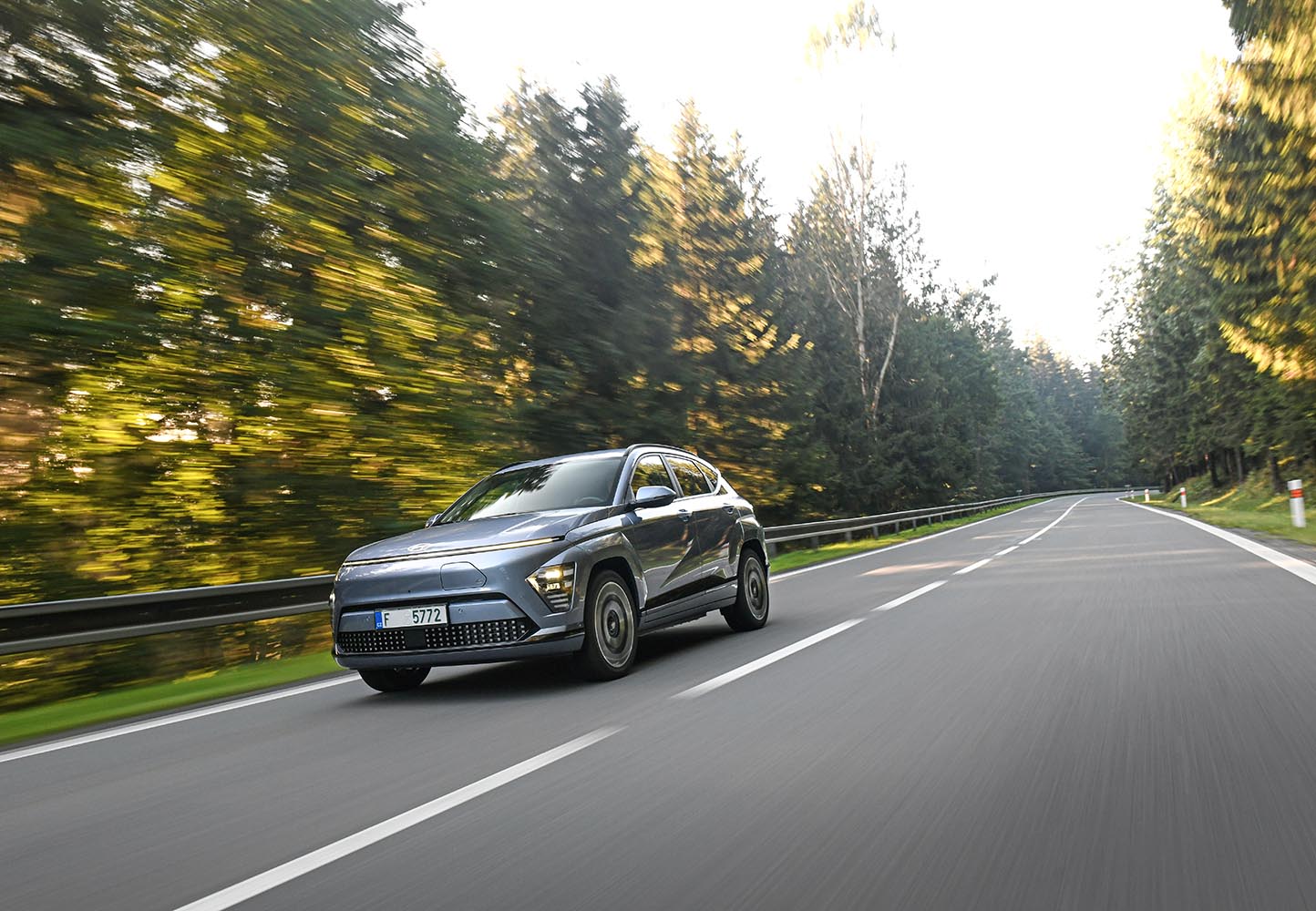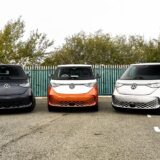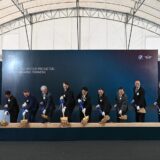
Hyundai targets ASEAN market with high operation rates and EVs
Hyundai Motor Company is making significant strides in the ASEAN automobile market, leveraging its Indonesian Manufacturing Corporation (HMMI) to spearhead its regional expansion. HMMI, which boasts the highest operation rate among Hyundai’s overseas production plants, is set to be a pivotal player in Hyundai’s strategy to capture the growing demand for vehicles in the ASEAN region.
The Association of Southeast Asian Nations (ASEAN) is a regional intergovernmental organisation comprising 10 Southeast Asian countries: Brunei, Cambodia, Indonesia, Laos, Malaysia, Myanmar, the Philippines, Singapore, Thailand, and Vietnam. Established on August 8, 1967, ASEAN aims to promote political and economic cooperation and regional stability among its member states.
Strategic expansion in ASEAN
Recognised for its burgeoning automobile market, the ASEAN region is a key focus for Hyundai. With a population projected to exceed 800 million by 2050 and a youthful average age of 30, the region presents substantial growth opportunities. Demand for affordable and practical vehicles, including electric vehicles (EVs) and multi-purpose vehicles (MPVs), is rising, driven by a young and expanding consumer base.
Hyundai’s HMMI plant, located in the Bekasi Deltamas Industrial Complex in Indonesia, commenced operations in September 2022. The facility, which is Hyundai’s first automobile factory in ASEAN, represents a USD1.55 billion investment and spans approximately 777,000 square metres. Currently, HMMI produces several models, including the Creta, Stargazer, Santa Fe, and the Ioniq 5, with production capacity and performance already exceeding initial expectations. In the first quarter of 2024, HMMI achieved an operation rate of 110.9%, the highest among Hyundai’s overseas factories.
Focus on electric vehicles
Hyundai is also strengthening its presence in the electric vehicle market in Indonesia. The company is set to produce the new Kona Electric, featuring locally manufactured batteries from the HLI Green Power joint venture with LG Energy Solutions. This initiative marks Hyundai as the first automaker in Indonesia to establish a complete local production and sales system for EVs, from battery cells to finished vehicles. By reducing logistics costs and shortening battery supply delivery times, Hyundai aims to enhance the efficiency of its EV production significantly.
The Indonesian government’s supportive policies, such as tax exemptions and incentives for EVs, are expected to boost the local EV market share to 25% by 2030. Hyundai plans to capitalise on these policies to expand its production capabilities, aiming for 600,000 EV units per year by the end of the decade.
Regional production and innovation centres
In addition to the HMMI plant in Indonesia, Hyundai operates the HTMV production joint venture in Vietnam and the Hyundai Motor Group Singapore Global Innovation Center (HMGICS), which opened in 2022. These facilities are integral to Hyundai’s strategy to establish a stable product development, production, and sales system across the ASEAN region. The company is also investing in the local infrastructure to support the production of electric vehicles, benefiting from Indonesia’s rich nickel reserves, a critical component for EV batteries.
With the ASEAN automobile market accounting for more than 3.35 million units in 2023, and Indonesia holding the largest market share, Hyundai’s strategic investments and operations in the region are poised to drive significant growth and market penetration.
For more detailed information, visit Hyundai’s official website and the ASEAN Automotive Federation.












